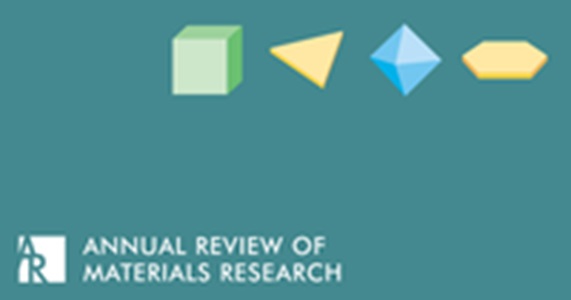循环经济的挑战:从材料、冶金和产品设计的角度
IF 10.4
2区 材料科学
Q1 MATERIALS SCIENCE, MULTIDISCIPLINARY
引用次数: 102
摘要
循环经济(CE)的崇高目标是通过延长产品生命周期和利用废物作为资源来最大限度地提高资源效率(RE)。现代社会的大量和不断增加的废物和消费品,它们的复杂性和功能材料组合正在挑战CE的可行性,尽管有各种不同的商业模式有不同的前景。支持ce的技术的冶金处理需要复杂和灵活的冶金基础设施。达到CE的挑战在热力学、转移过程、技术平台、CE利益相关者过程的数字化以及基于产品(矿物)中心方法的回收设计(DfR)方面得到了强调,突出了以材料为中心的考虑的局限性。将以产品为中心的考虑融入到水、能源、交通、重工业和其他智能电网系统中,将最大限度地实现未来智能可持续城市的可再生能源,为实现和创新联合国可持续发展目标提供基础细节。本文章由计算机程序翻译,如有差异,请以英文原文为准。
Challenges of the Circular Economy: A Material, Metallurgical, and Product Design Perspective
Circular economy's (CE) noble aims maximize resource efficiency (RE) by, for example, extending product life cycles and using wastes as resources. Modern society's vast and increasing amounts of waste and consumer goods, their complexity, and functional material combinations are challenging the viability of the CE despite various alternative business models promising otherwise. The metallurgical processing of CE-enabling technologies requires a sophisticated and agile metallurgical infrastructure. The challenges of reaching a CE are highlighted in terms of, e.g., thermodynamics, transfer processes, technology platforms, digitalization of the processes of the CE stakeholders, and design for recycling (DfR) based on a product (mineral)-centric approach, highlighting the limitations of material-centric considerations. Integrating product-centric considerations into the water, energy, transport, heavy industry, and other smart grid systems will maximize the RE of future smart sustainable cities, providing the fundamental detail for realizing and innovating the United Nation's Sustainability Development Goals.
求助全文
通过发布文献求助,成功后即可免费获取论文全文。
去求助
来源期刊

Annual Review of Materials Research
工程技术-材料科学:综合
CiteScore
17.70
自引率
1.00%
发文量
21
期刊介绍:
The Annual Review of Materials Research, published since 1971, is a journal that covers significant developments in the field of materials research. It includes original methodologies, materials phenomena, material systems, and special keynote topics. The current volume of the journal has been converted from gated to open access through Annual Reviews' Subscribe to Open program, with all articles published under a CC BY license. The journal defines its scope as encompassing significant developments in materials science, including methodologies for studying materials and materials phenomena. It is indexed and abstracted in various databases, such as Scopus, Science Citation Index Expanded, Civil Engineering Abstracts, INSPEC, and Academic Search, among others.
 求助内容:
求助内容: 应助结果提醒方式:
应助结果提醒方式:


